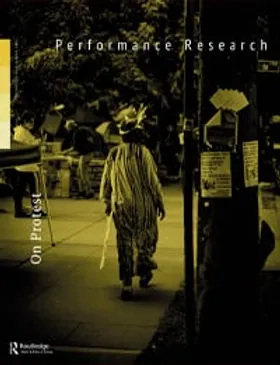Open Data in Montreal?
Hot data
Montréal Ouvert wants the city’s facts and figures in open format
by MATT JONES
September 1, 2010
If there's a future for smartphone
applications beyond firing indignant fowl at pigs and perusing the
holiday snaps of people you wish were your real friends, Montreal
Ouvert is determined to find it. Over the past couple years, city administrations around the world have begun to take various types of public data they’ve been sitting on—the kind that’s usually on display in the basement filing cabinet of City Hall—and upload it onto the Internet in open format. The result is a software developer’s wet dream: pages and pages of unorganized data just waiting to be pieced together, measured, graphed, made into parabolas, sexed-up and put online as user-friendly applications to make our increasingly tech-heavy lives more convenient. That’s a fantasy the four founders of Montréal Ouvert hope to see realized in Montreal as soon as possible.
"This initiative started first in
the UK, where city officials adopted a motion to provide access in a
standardized format to data. The goal is for civic information to be
made accessible through a single, easily usable repository that then
developers, coders, statisticians, librarians, civil society at large
can use," says Jean-Noé Landry, whose day job is as a
consultant in democratic development.
One such application is Stumble Safely,
developed in Washington, D.C. Using the City's crime statistics, it
helps you navigate your way home from a bar in the murder capital of
the US while avoiding the most likely places to get mugged.
"You go on Google Maps and you can
see all the crimes that have been reported along your route and then
you can filter it by time or type of crime," says Jonathan Brun,
who is also the co-founder of Nimonik, an environmental regulatory
website. "Eventually, you would think you'd be able to map out
things like contaminated sites, air pollution, water issues. So if
you rent a home in a new neighbourhood, you can see access to public
transportation, environmental conditions, crime conditions, the types
of businesses in your neighbourhood."
The possibilities are limited only by
the type of data that can be accessed. "Obviously, we're not
suggesting people open up their health records," says Michael
Lenczner, the founder of Île-Sans-Fil. But other health data could
be useful.
"Say you go to a restaurant and
there've been health reports on it," says Lenczner. "Right
now the information's in City Hall, you can go find it. But you could
be looking at the restaurant and pull out your iPhone and see which
restaurants have had a health report in the last six months."
For the group, the issue is not just
one of convenient consumerism, but of democratizing information
that's already public. For Sebastien Pierre, founder of FFunction, a
company that organizes visualizations of data, the distance citizens
are kept from information is one of the reasons people are becoming
disenchanted with politics.
"Very often you have to take too
many steps to reach information. If you have to go to a library and
make an appointment, that's really a huge roadblock. But if you have
the tools, even without knowledge of programming you have access to a
lot of information. And if you want to do something in your area,
you're much more powerful," he says.
For the moment, the group is patiently
putting together a campaign to persuade the City that an open data
approach would benefit Montreal. Brun says a number of councillors
are interested, but one problem is simply that the project is so new:
Toronto opened up its data only a year and a half ago and Ottawa
followed last April. Still, Landry is convinced the benefits are
self-evident.
"It's a competitive advantage
issue: if you're able to keep the innovators, the creative side of
the city, then the economic benefits trickle down."
See montrealouvert.net to follow the
campaign.
Montreal Mirror September 1, 2010 (this is the unedited text)



Comments
Post a Comment